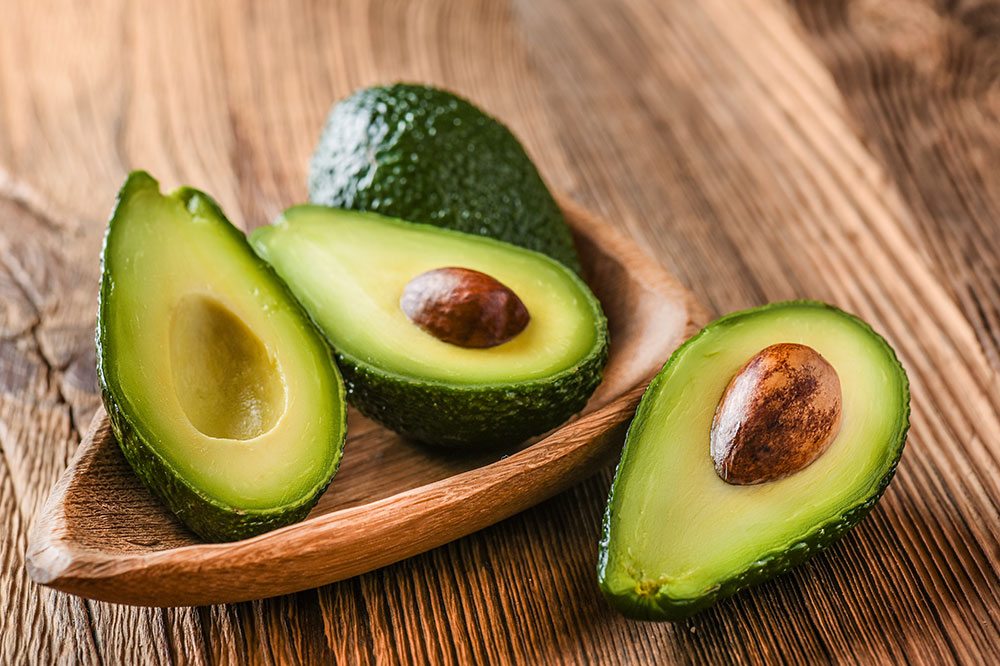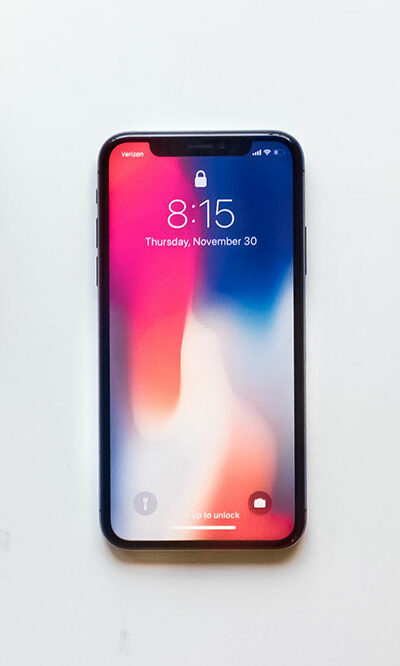Diet and nutrition tips to manage diabetes

The key to managing diabetes is to follow a healthy diet that can keep your blood sugar levels in control. What you eat in your meal has a direct effect on how much sugar your blood contains. So, making the right food choices is going to help you manage blood glucose levels better. At the same time, keep in mind that there is no one-size-fits-all diet for patients diagnosed with diabetes and you must consult your doctor before making major dietary changes.
Your doctor will come up with a meal plan to tell you what you can eat for your main meals and snacks in between meals. The plan also contains details on how much of these foods you should have. A healthy diet for those with diabetes should typically have 40%-60% calories from carbs, 30% or less from fats, and 20% from proteins.
How to make a diet plan to manage diabetes?
The idea is to follow a diet plan which is low in sodium, cholesterol, and added sugar. You need to identify which foods cause your blood sugar levels to spike. It is not always the type of food that you consume, but the combination of foods that you eat, which can be harmful when you have diabetes.
- To begin with, you must know how to measure portions and count carbs as they have the most impact on blood glucose levels. Individuals who take insulin at mealtimes need to know the portion of carbs in their meals to make sure they get the right dose.
- Every meal must be well-balanced, with a good blend of carbs, fruits, veggies, fats, and proteins. Carbs like whole grains, fruits, and vegetables are good for people with diabetes because they are fiber-rich and keep blood glucose levels stable.
- You must also adjust your diet and medicines.







